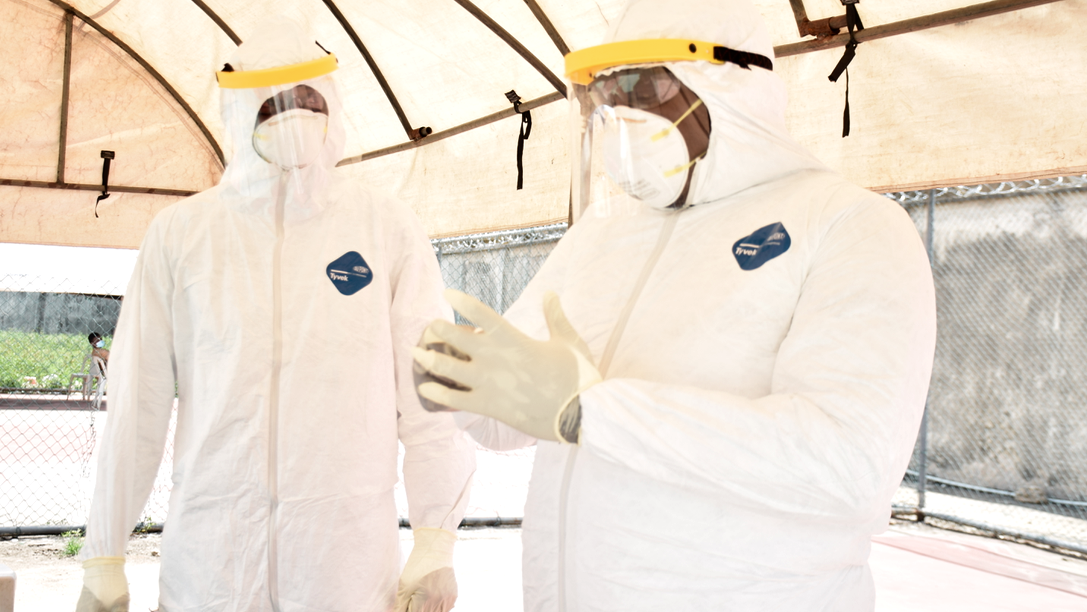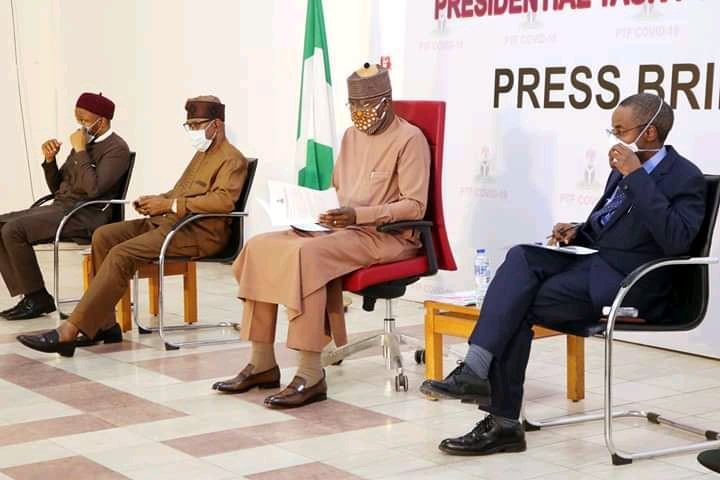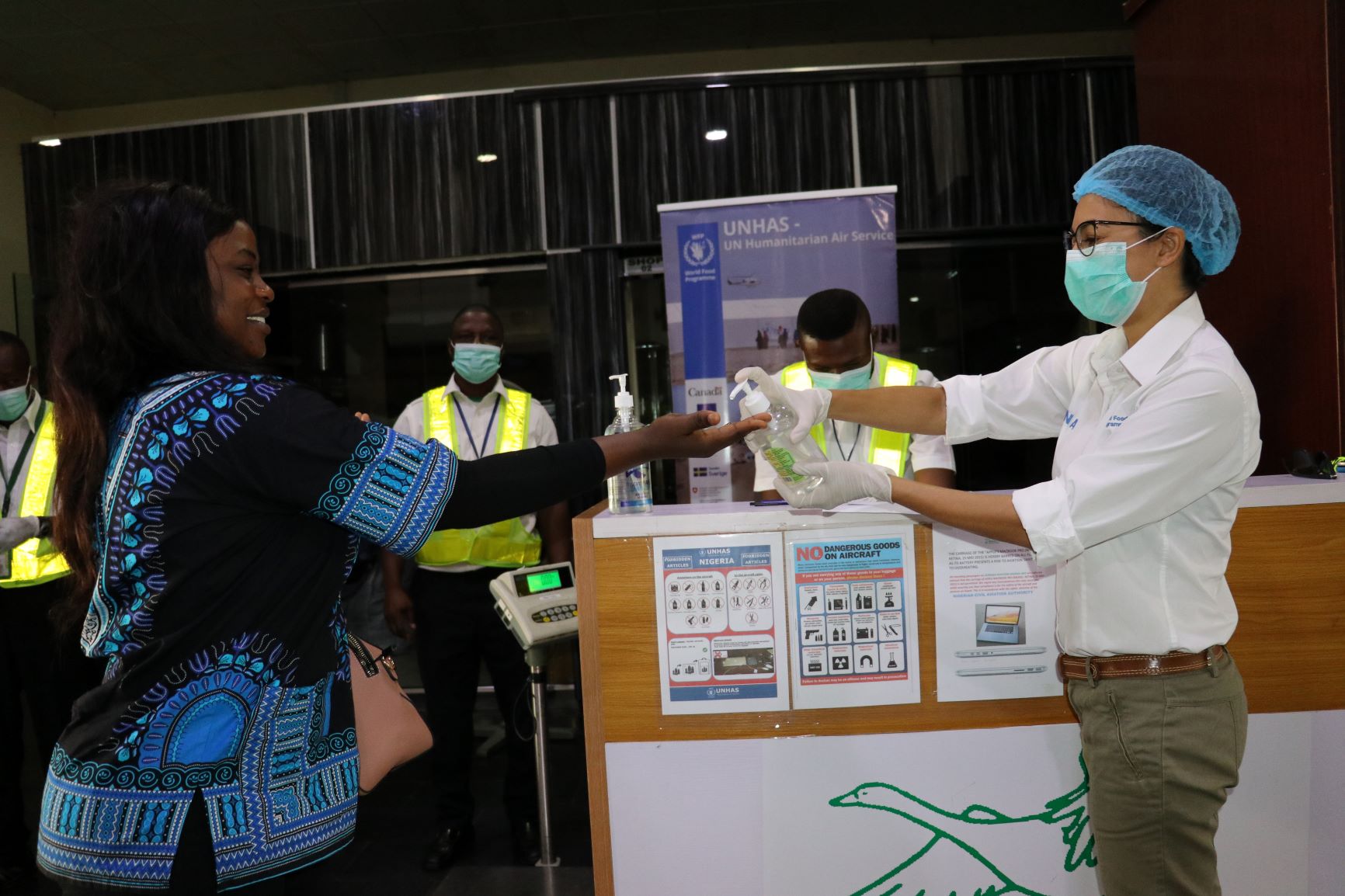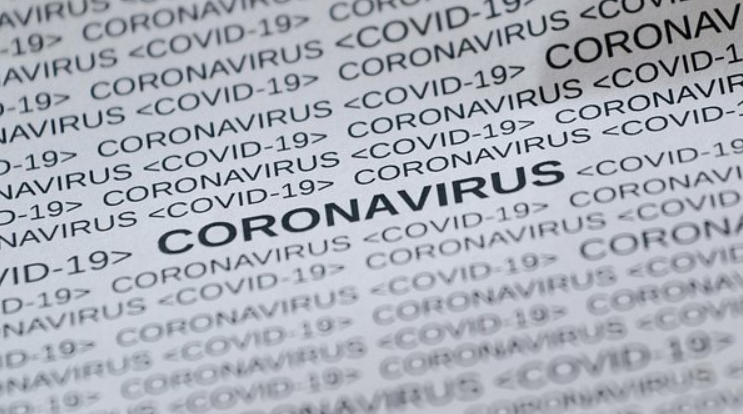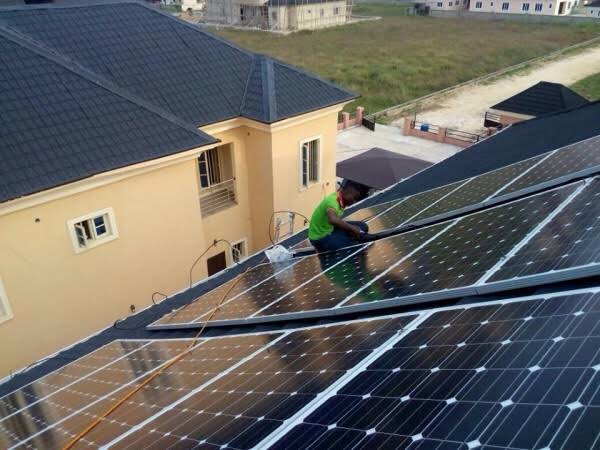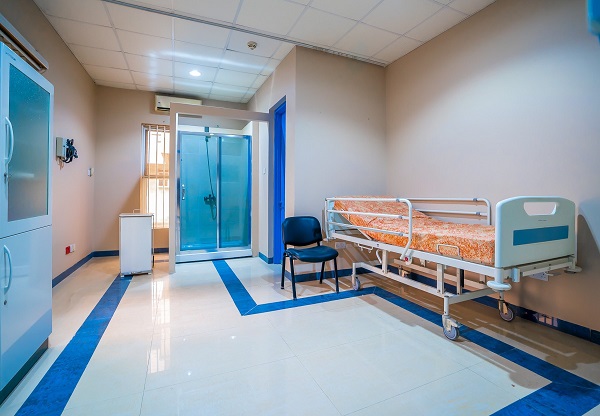BY TEMPLE ORAEKI
The world has one common enemy and we cannot win when our frontline defense is exposed to consistent attack. Healthcare workers, globally, are putting their lives on the line to save ours; they have sleepless nights so the world can sleep. But in return, their efforts and lives are compromised by exposure to avoidable risks of infection.
Personal Protective Equipment have become part of most COVID-19 interventions, all in a bid to protect health workers from contracting the virus. However, it is worrisome that the same health workers we try to protect do not have access to clean Water, Sanitation and Hygiene (WASH) facilities in their places of work, which exposes them to higher risk of infection.
In Nigeria, over 110 health workers have lost their lives in the fight to curtail spread of the coronavirus. This situation has triggered rising comments from most Nigerians, leading to an adhoc meeting by the Nigerian Governors Forum. It is disturbing that despite the glaring link between the COVID-19 pandemic and WASH, the resolution reached by the Governor’s Forum was focused on providing Personal Protective Equipment (PPE) for healthcare workers while neglecting the most cogent protection – WASH in healthcare facilities.
Nigeria’s healthcare system is plagued with chronic underfunding and limited infrastructure. The government has repeatedly fallen short on its 2001 commitment under the Abuja Declaration to spend at least 15 per cent of its budget on health. In 2018, only 3.9 per cent was allocated, and in 2020, this marginally increased to 4.5 per cent. More worrisome is the fact that only 5 per cent of healthcare facilities in Nigeria have combined basic water, sanitation and hygiene facilities on premises.
Advertisement
Thousands of people die every day around the world from infections acquired while receiving health care and the outbreak of the highly infectious coronavirus portends even more health risks and loss of lives. Hands are the main pathways of germ transmission during health care. Therefore, hand hygiene is globally recognized as the most important measure to avoid the transmission of harmful germs and prevent health care-associated infections.
COVID-19 pandemic has resulted in a massive sensitization about Hand washing as an effective means of preventing the spread of infectious diseases, but this has not translated to urgent provision of clean water for its practice, especially amongst healthcare workers that interface daily with the sick and infected persons.
While every health care worker, caregiver or person involved in direct or indirect patient care needs to be concerned about hand hygiene and should be able to perform it correctly and at the right time, the onus is on government and relevant authorities to ensure clean water supply and hand washing facilities are available and accessible in every health care facility.
Advertisement
May 5 every year is marked globally as Hand Hygiene Day, to highlight the importance of hand hygiene. This year, the focus is on clean care for nurses and midwives.
Also this year, everyone is called to join hands in celebrating and empowering nurses and midwives in the monumental work that they do to keep our patients, families, and their colleagues safe by preventing health care-associated infections. A major part of the empowerment is the realization of human rights to safe water for all nurses and midwives across the globe so they can practice hand hygiene at point of care.
Healthcare workers in hospitals without access to clean water supply are akin to soldiers sent to the war front without weapons and shields to protect themselves. It is simply a death trap!
Sustainable access to WASH in health care facilities will help us meet the challenges of the current pandemic that ravages our planet and offers one of the strongest defenses against future public health crises.
Advertisement
Do not be afraid to use your voice! Support healthcare workers to claim their water rights and gain access to clean water supply in their respective places of work.
Oraeki is a WASH advocate and Nigeria country director of Hope Spring Water Charity Foundation
Views expressed by contributors are strictly personal and not of TheCable.
Add a comment
